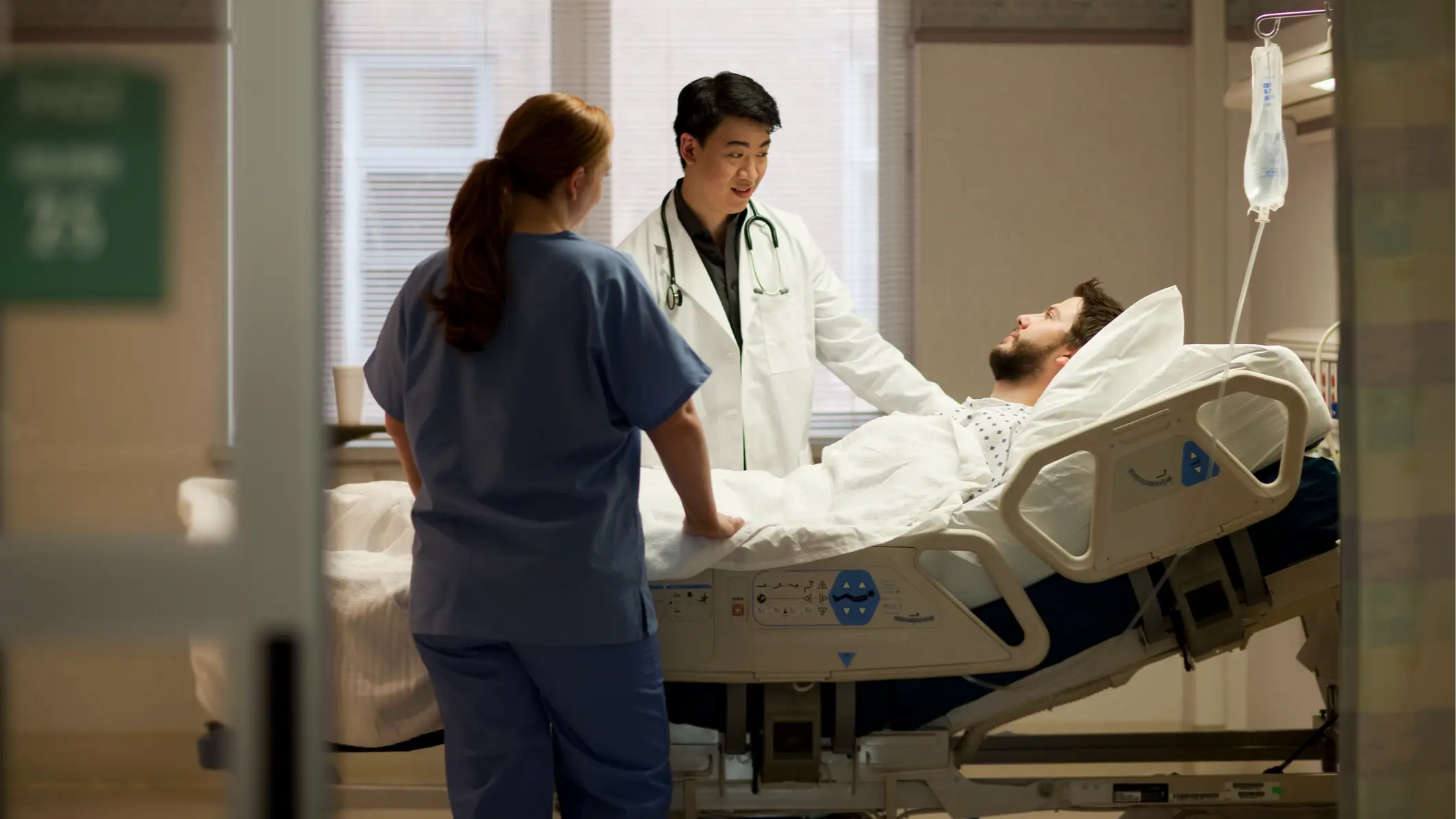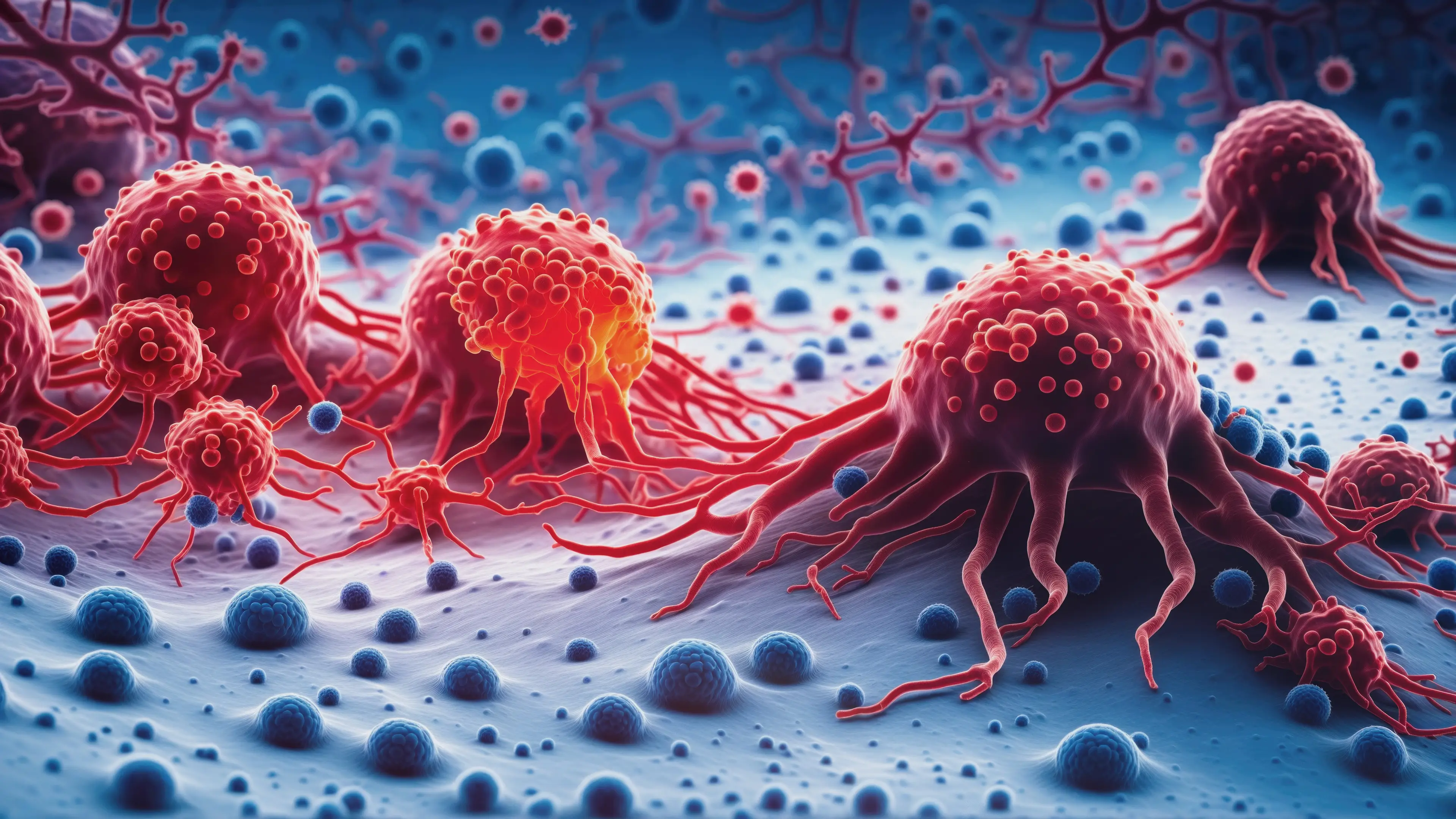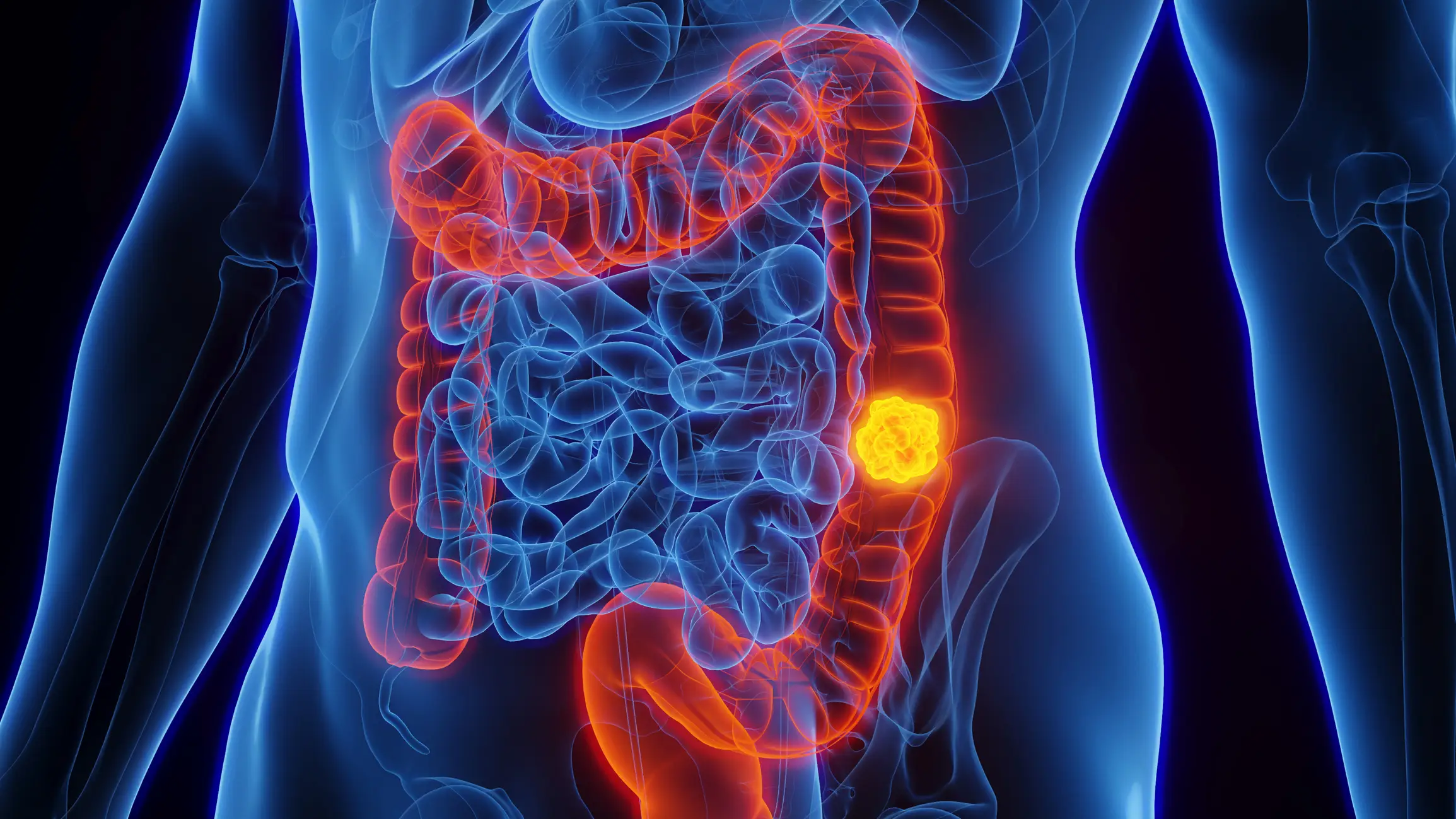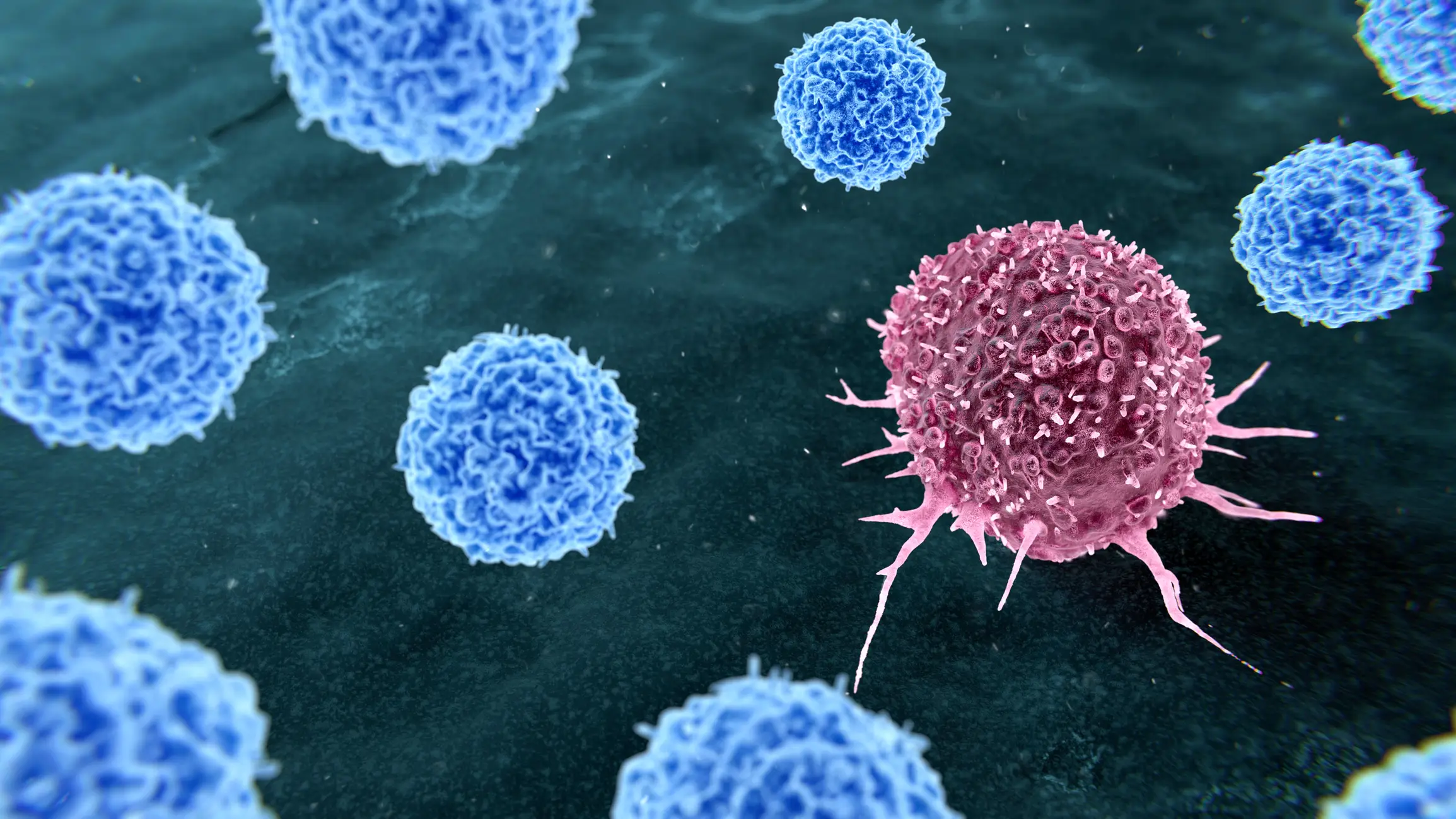
Doctors are becoming increasingly concerned about the growing rates of several cancers among young people.
Although it's widely known that colon cancer seems to be on the rise in the younger generation, it's been revealed that a number of other cancers are seeing an increase in cases.
A new comprehensive study in the US has looked at over two million young cancer patients across a period of nine years.
Two-thirds of the patients were women, and out of the 33 cancers that patients were diagnosed with, scientists found that 14 were on the rise.
Advert
Which cancers are increasing in young people?
According to the study, published in the Cancer Discovery journal, out of the 33 cancers, the following were found to be rising in case numbers:
- Stomach cancer
- Colon cancer
- Pancreatic cancer
- Bone and joint cancer
- Melanoma
- Female breast cancer
- Cervical cancer
- Uterine cancer
- Testicular cancer
- Kidney cancer
- Four different types of cancer relating to the lymph system

Which cancers are rising the fastest?
All 33 cancers had risen by one percent each year among 15 to 29-year-olds, meanwhile in the 30 to 39-year-old age range, rates rose by 1.25 percent until 2016, when they stayed pretty much the same until 2019.
There are five cancers rising only in young people. These are melanoma, cervical cancer, stomach cancer, bone and joint cancer and plasma cell neoplasms.
Breast cancer is rising at an increasing rate, up to 1.85 percent in young adults as well as colon cancer, with a rise of 1.71 percent each year.
The study, funded by the Intramural Research Program of the National Cancer Institute of the National Institutes of Health and the Institute of Cancer Research, also revealed a 2.63 percent rise in kidney cancers in those aged 40 to 49.

Why is cancer increasing in young people?
Experts still are not entirely sure, but they believe obesity rates, air pollution and environmental factors could be contributing.
Dr Meredith Shiels, who led the research, said in the study: "In the US, incidence rates of some cancers have increased in early-onset age groups.
"For many of these cancers, rates have also increased in older-age groups, suggesting that the impact of changes in risk factor prevalence and/or improvements in detection could affect risk across all age groups."

In colon cancer, exposure to a particular toxin in childhood or adolescence could pave the way to developing the cancer years later.
A team of researchers recently examined the DNA of nearly 1,000 bowel cancer tumours from people in various countries.
They found a common variant linked to a mutation caused by something called colibactin, which is a DNA-damaging toxin produced by certain strains of the bacteria, E. coli.
"Unlike lifestyle risks that build up over decades, colibactin seems to strike during a narrow window - when the microbiome is still forming in childhood or early adulthood. Potential triggers could include repeated antibiotic use that disrupts healthy gut bacteria, highly processed diets that favour E. coli growth and urban living that reduces exposure to diverse microbial environments," Professor Justin Stebbing of Anglia Ruskin University, wrote for The Conversation.
"These findings may also point to new prevention strategies. Screening programs could focus on younger adults carrying these high-risk bacterial strains, using stool tests to detect colibactin genes.
"Diets high in fibre and low in processed foods might promote a healthier gut microbiome, potentially suppressing harmful bacteria.
"The research also adds weight to calls for lowering colorectal cancer screening ages worldwide, since many early-onset cases go undetected under current guidelines."
If you’ve been affected by any of these issues and want to speak to someone in confidence, contact Macmillan’s Cancer Support Line on 0808 808 00 00, 8am–8pm seven days a week.
Topics: Cancer, Health, Science, US News, Bowel cancer
